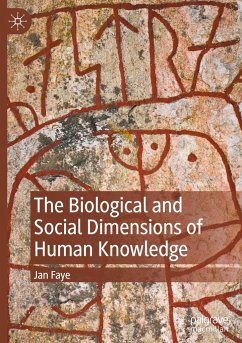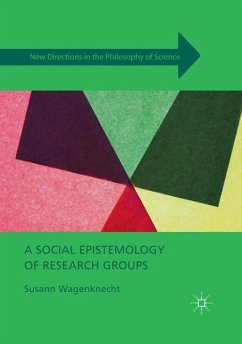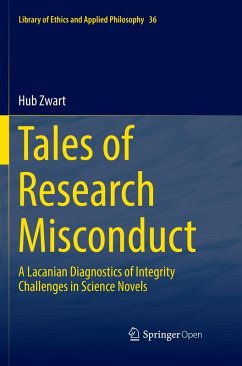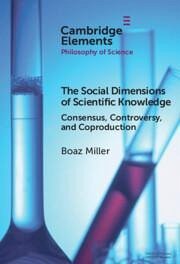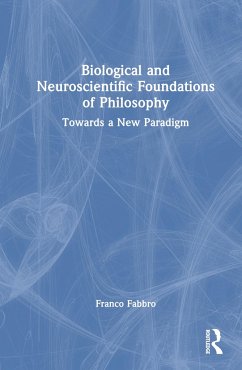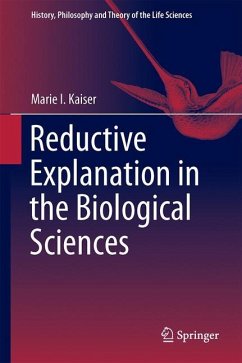
The Biological and Social Dimensions of Human Knowledge
Versandkostenfrei!
Versandfertig in 6-10 Tagen
91,99 €
inkl. MwSt.
Weitere Ausgaben:

PAYBACK Punkte
46 °P sammeln!
Traditionally, philosophers have argued that epistemology is a normative discipline and therefore occupied with an a priori analysis of the necessary and sufficient conditions that a belief must fulfill to be acceptable as knowledge. But such an approach makes sense only if human knowledge has some normative features, which conceptual analysis is able to disclose. As it turns out, philosophers have not been able to find such features unless they are very selective in their choice of examples of knowledge. Much of what we intuitively think functions as knowledge, both in human and non-human ani...
Traditionally, philosophers have argued that epistemology is a normative discipline and therefore occupied with an a priori analysis of the necessary and sufficient conditions that a belief must fulfill to be acceptable as knowledge. But such an approach makes sense only if human knowledge has some normative features, which conceptual analysis is able to disclose. As it turns out, philosophers have not been able to find such features unless they are very selective in their choice of examples of knowledge. Much of what we intuitively think functions as knowledge, both in human and non-human animals, does not share these normative features.
The purpose of this book is to demonstrate that natural selection has adapted human sense impressions to deliver reliable information without meeting the traditional commitments for having knowledge. In connection with memory, sensory and bodily information provides an animal with experiential knowledge. Experiential knowledge helps an animal to navigate its environment. Moreover, experiential knowledge has different functions depending on whether the deliverance of information stems from the organism's external or internal senses.
The purpose of this book is to demonstrate that natural selection has adapted human sense impressions to deliver reliable information without meeting the traditional commitments for having knowledge. In connection with memory, sensory and bodily information provides an animal with experiential knowledge. Experiential knowledge helps an animal to navigate its environment. Moreover, experiential knowledge has different functions depending on whether the deliverance of information stems from the organism's external or internal senses.



